Senate’s investments in indoor air are delivering results
This year, Senate Properties will spend around €400 million on property renovations, refurbishments, newbuilds and annual repairs.

This year, Senate Properties will spend around €400 million on property renovations, refurbishments, newbuilds and annual repairs.

Senate Properties, which manages a substantial real estate asset of around €4.5 billion provides some 70,000 central government employees with functional and modern facilities as a service. Indoor air matters are at the heart of Senate Properties’ strategy, and this is also reflected as investments in the indoor conditions of properties. Extensive investments, pro-active operating and management models as well as prompt reaction have delivered results.
This year, Senate Properties will spend around €400 million on property renovations, refurbishments, newbuilds and annual repairs.
”We have long done work focusing on indoor air and in our strategy 2019-2022 our attention has increasingly addressed improving indoor conditions. We have switched to a programmed and strongly proactive way of working. A zero tolerance for problems with indoor conditions is at the heart of our strategy. We will increase our investments in improving indoor conditions by €250 million during the strategy period. This means almost double compared to our earlier investment,” says Jari Sarjo, Senate Properties CEO and Group President. “Indoor conditions affect occupational health, but also work efficiency, real estate economics and corporate image.”
Senate Properties has a total building surface area of around 6 million square metres, of which an estimated 1.2 million square metres are office premises. “Demand for our services is constantly increasing,” says Sarjo. “Our turnkey service includes not just facilities but also furniture as well as cleaning and security services. We create new opportunities for flexible working for our clients and support them in situations of organisational change.”
Senate Properties’ operating and management model pays attention to indoor conditions in buildings throughout their lifecycle. Users can make service requests relating to indoor conditions via the electronic system. Property management, which also resolves more than 90% of requests, will be at the scene within 24 hours.
“If property management cannot resolve the matter, an indoor air expert will go to the scene. The indoor air expert plans any follow-up measures needed. We also in invite a dog to the scene where we suspect a microbial cause. We have a specialised team of 12 service dogs and four permanent dog handlers for this purpose,” says Anne Korpi, Indoor Climate Specialist at Senate Properties.
In 2019, Senate Properties hired a number of indoor air experts, seven of whom now work in various regions in Finland. The number of property managers working at the client interface rose to 60. Property managers who have completed mandatory indoor air training and indoor air experts work closely together. “We have sound indoor air expertise behind us,” Korpi enthuses.
“Our clients relocated to other facilities from time to time. Our agile premises inspection ensures good indoor conditions in the new facilities. We also make use of dogs in this respect,” Korpi says. “We use many different ways to ensure the good indoor conditions of our properties. In renovation and newbuild projects we use quality assurance consultants throughout the project. They have a checklist of more than 100 points to ensure that quality work is done in our projects and this also includes indoor air.”
Senate Properties uses the Metrix system to monitor indoor conditions such as supply air and room temperatures through sensors installed in the buildings.
“We get a huge amount of data from our properties. Going forward, we will have more and more ‘virtual twins’ of buildings where we have installed sensors to measure the conditions. The management of indoor conditions will become digitalised going forward and properties will also be controlled in real time as building service technology and other mechanical and electrical systems develop,” Sarjo considers. ”We want to use AI and robotics, too, to make more efficient use of the data accumulating from our customer relationship management system and properties.”
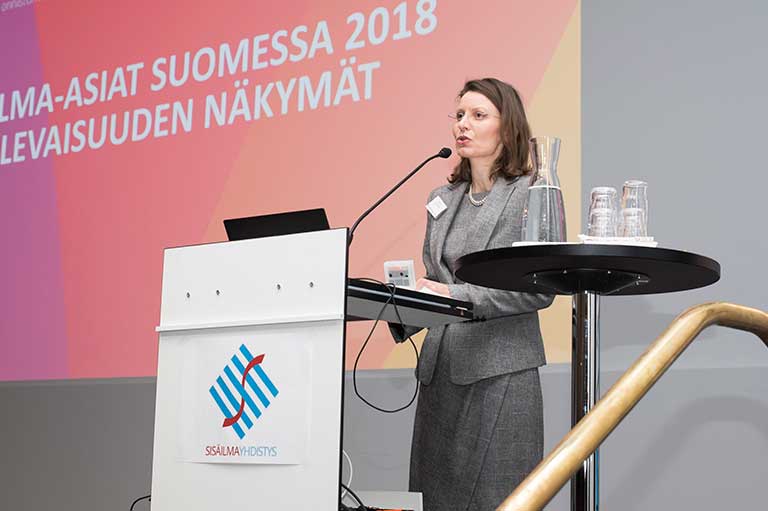
Senate Properties launched the systematic inspection of properties in 2017. These inspections are carried out by experienced indoor air professionals from Senate Properties framework agreement partners.
“Our inspections are particularly focused on the buildings we are responsible for and where most central government employees work. We have 419 buildings covered by inspections and we have now reviewed them all once,” Korpi says. “The way we work has generated plenty of interest also in municipalities and the private sector. We share information and the models we use openly with everyone wishing to use them.”
Inspections carried out every three years check the structures as well as building service technology and other mechanical and electrical systems. ”A professional who knows the structures inspects roofs, wet rooms and exterior walls among other things. A building service technology professional checks fans, filters and ducts, for example. One of them should be qualified as a building health expert,” Korpi says. “Where necessary, additional investigations and the repairs needed are carried out in the building and the building is re-inspected after repairs. We use the same format to generate numerical information about the condition of our properties, which now makes it easier than earlier to visualise the big picture.”
Senate Properties has carried out extensive renovations in barracks and prisons, for example. During 2015-2019, a total of almost €500 million was invested in repairs and new buildings for the Finnish Defence Forces and prisons. ”Another of our successes worth mentioning is the extensive renovation of the police station in Lappeenranta,” Korpi says. “This challenging project was very successful and the facilities users are happy.”
According to Sarjo, the organisation of around 700 professionals of the Construction Establishment of the Finnish Defence Administration will transfer to Senate Properties’ subsidiary enterprise at the beginning of 2021. “The total number of our headcount will increase by more than a thousand and we will gain huge additional expertise such as property maintenance knowhow.”
Senate Properties client satisfaction has risen since 2014 in respect of indoor air.
“State-owned properties are in better condition than municipal ones. We’re not there yet but we have taken the right measures,” Sarjo says. “We have adequate resources and invest twice the amount of euros in maintenance compared to the private sector. We comply with a dry chain in construction and increasingly use weather protection in building development. We built the Finnish-Russian School’s new wooden building in Helsinki in dry conditions under weather protection.”
Senate Properties management system also includes a result tree for a zero tolerance for indoor air problems and the Group Management Team receives a quarterly report on the progress of the zero tolerance programme.
“Our indoor conditions calculation model assesses the costs related to health, work efficiency and real estate economics. All this can be translated into euros in our management system. Our model pursues targets where it pays to allocate investments. If you can measure, you can also lead,” Sarjo points out. “We calculated that central government incurs annual costs of around €120 million because of problems with indoor conditions. We aim to get this cost item down to an annual level of €40 million by 2022. Our clients will benefit directly. Investing in indoor conditions also makes economic sense.”
“We’re building an operating model for central government, how good indoor conditions can be upheld in the work environment and the adverse effects of indoor air can be minimalised,” Korpi says. ”It describes among other things procedures on what to do in the event of any indoor air problems. We will begin to review the model with our customers during this year.”
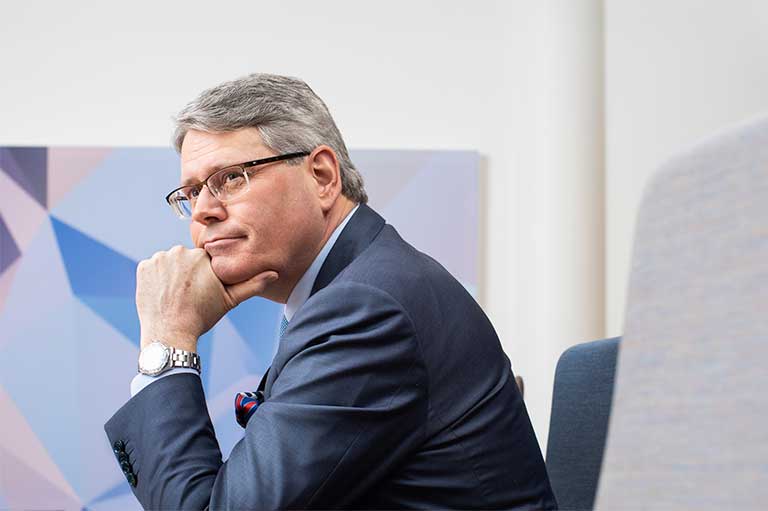
Senate Properties educates its own employees and those of its partners. Cleaners complete online education on indoor air matters and Senate audits the quality of the cleaning services and property management it uses. Audits also include indoor air matters and our partners are rewarded for good results.
“User feedback also influences rewards. We tender our building maintenance and cleaning services effectively and the bar is high,” Sarjo points out. ”We pay cleaners a €50 reward for tips that enable us to identify problem areas related to indoor conditions at as earlier a stage as possible. They have made important observations in our properties.”
Senate Properties has raised indoor air matters also in Senate Arena discussions.
“Many misconceptions about indoor air result from lack of information, in other words further improvement is needed in communication and constructive discussion. It would be important for occupational health physicians and HR professions to be well informed of indoor air matters. We openly introduce new practices for use by the entire Finnish cluster. The Finnish Society of Indoor Air Quality and Climate does really valuable work by bringing together different actors and by promoting a culture of open discussion. The Finnish Society of Indoor Air Quality and Climate is a very important partner to us,” Sarjo says. “Over the past year, the indoor air discussion has been found to have changed in a more constructive direction.”
“We actively take part in events held by the Finnish Society of Indoor Air Quality and Climate and from the outset, we have applied in our operations, for example, the building material, cleanliness and indoor climate classifications created by the Society,” Korpi points out. Senate Properties works closely with research and education organisations in the sector.
Jari Sarjo’s photo: Mari Waegelein
Anne Korpi’s photo: Vaula Aunola
Text: Petri Tuominen
Original article: Sisäilmayhdistys 30 vuotta (The Finnish Society of Indoor Air Quality and Climate 30 years) commemorative publication
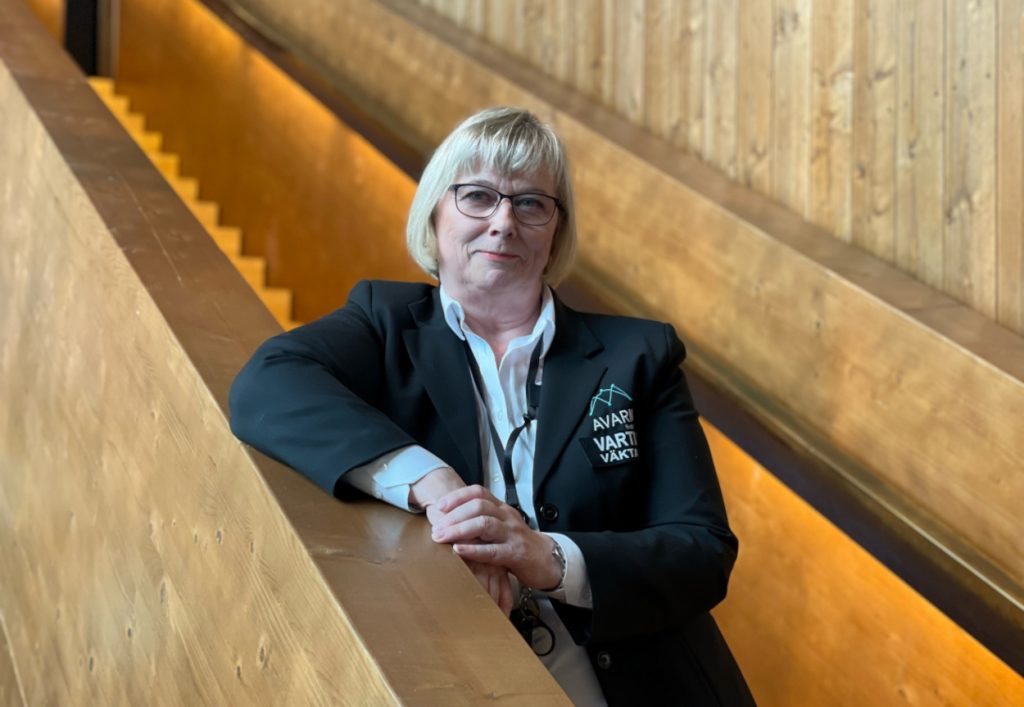
The reception service is key to the everyday operations of many properties. Anyone entering a property will encounter the reception service when they first step inside the premises and last…
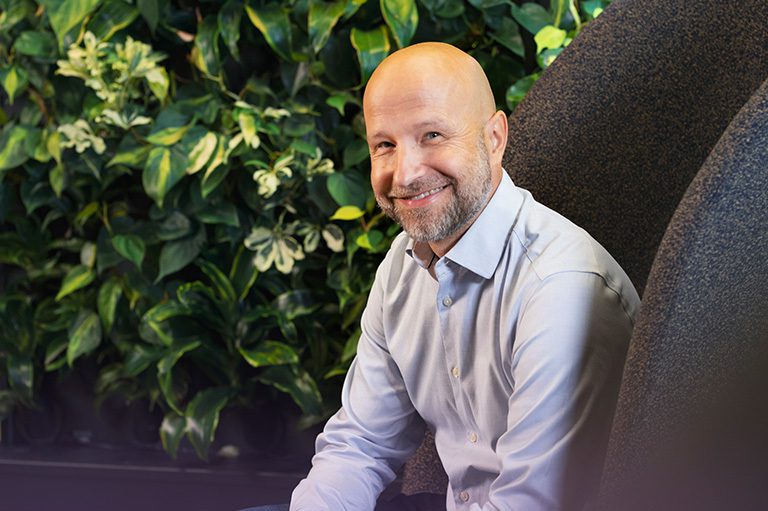
"In spring, the Finnish Innovation Fund Sitra published its Megatrends 2023 review, which contains a very serious message. The most significant current trend is an erosion of nature’s carrying capacity…
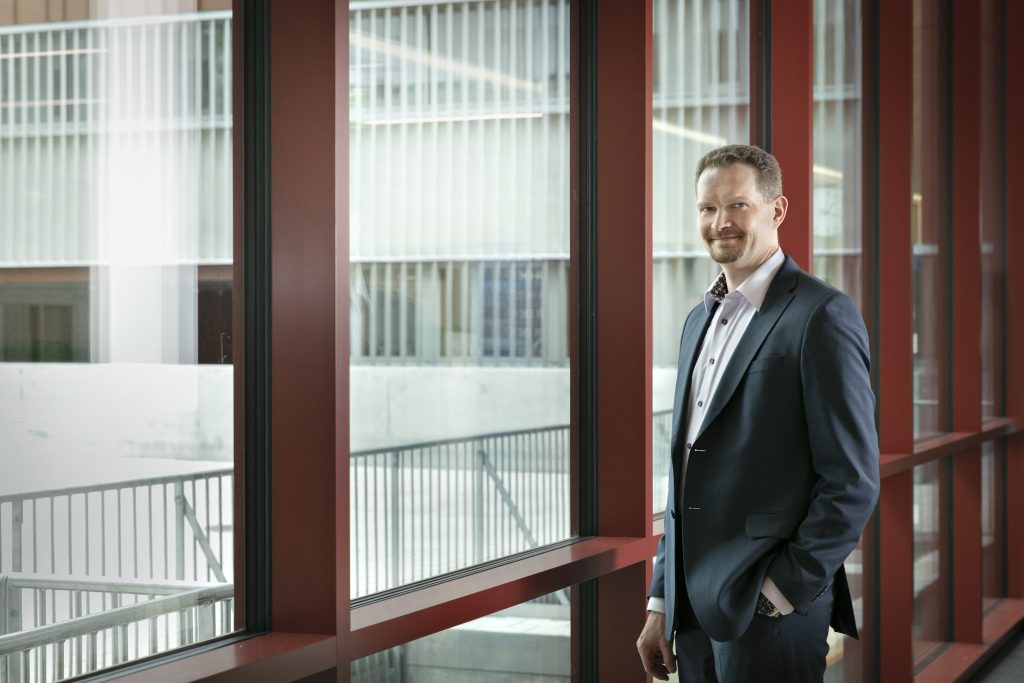
“Preparing for emergency conditions has become a key goal since February 2022. We strongly support our clients in the changed situation,” says Tuomas Pusa, Chief Operating Officer at Senate Properties.
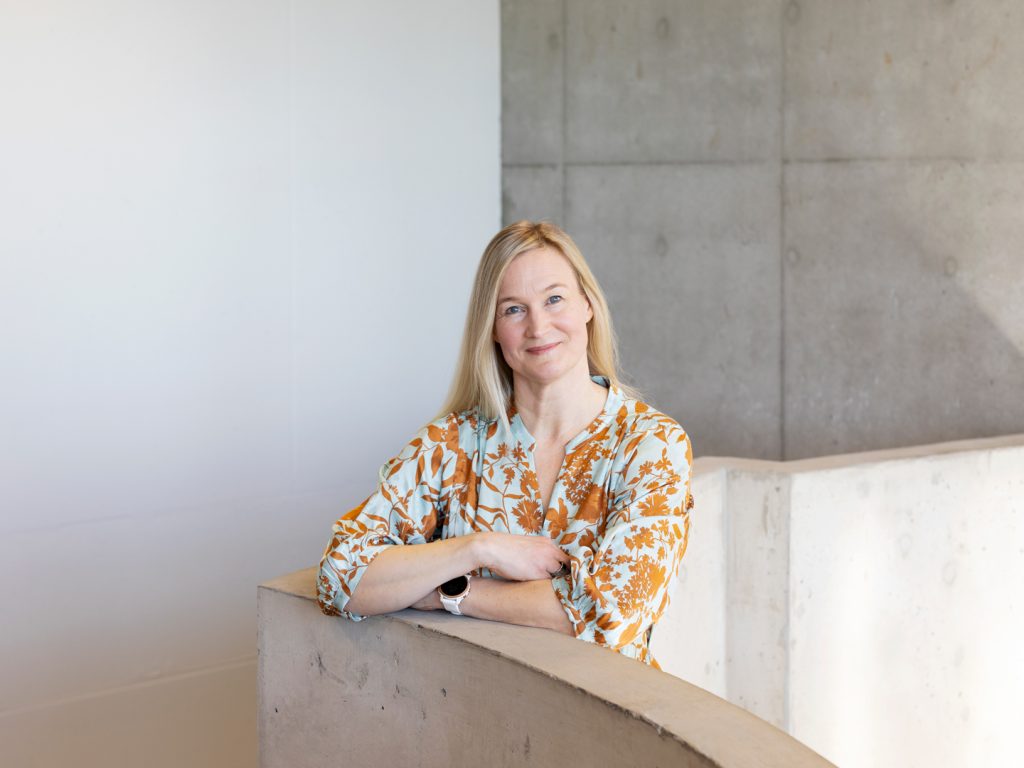
"The Energy Saving Programme we launched promptly in the autumn had already delivered good results during the winter. Together with our clients, we achieved significant savings,” says Sanna Jääskeläinen, Programme…
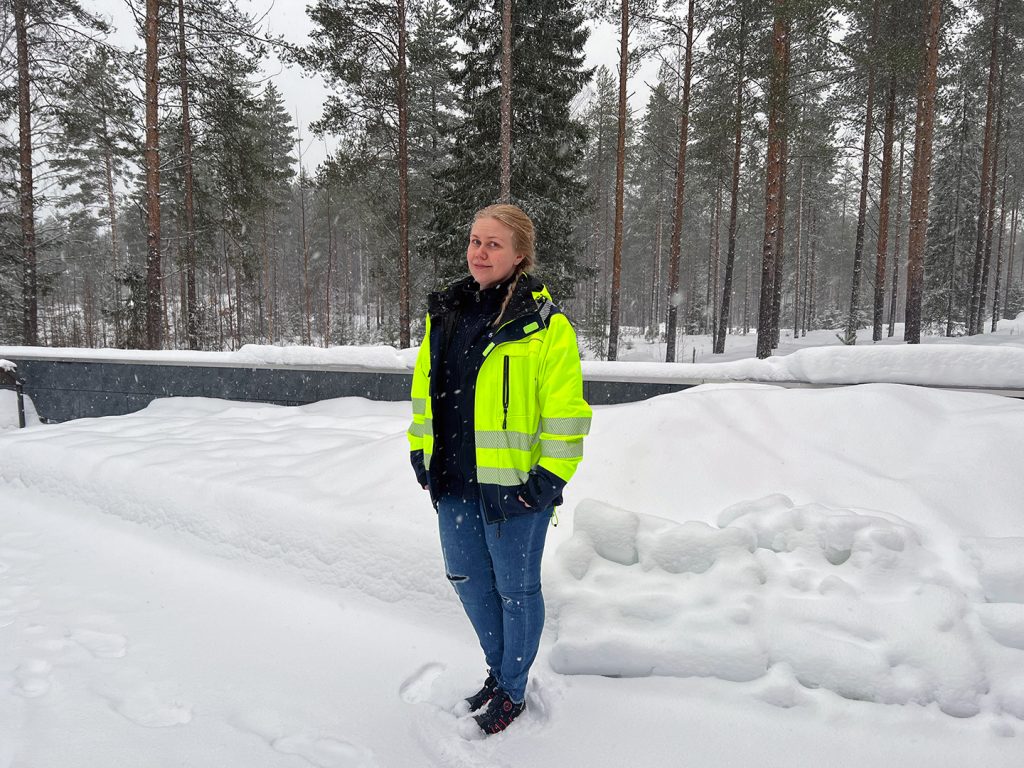
At the initiative of Päivi Seppänen, Defence Properties Finland’s Cleaning Manager, the Kainuu Brigade reinstated cleaning lessons on the conscript training programme after a break of several years. Conscripts starting…
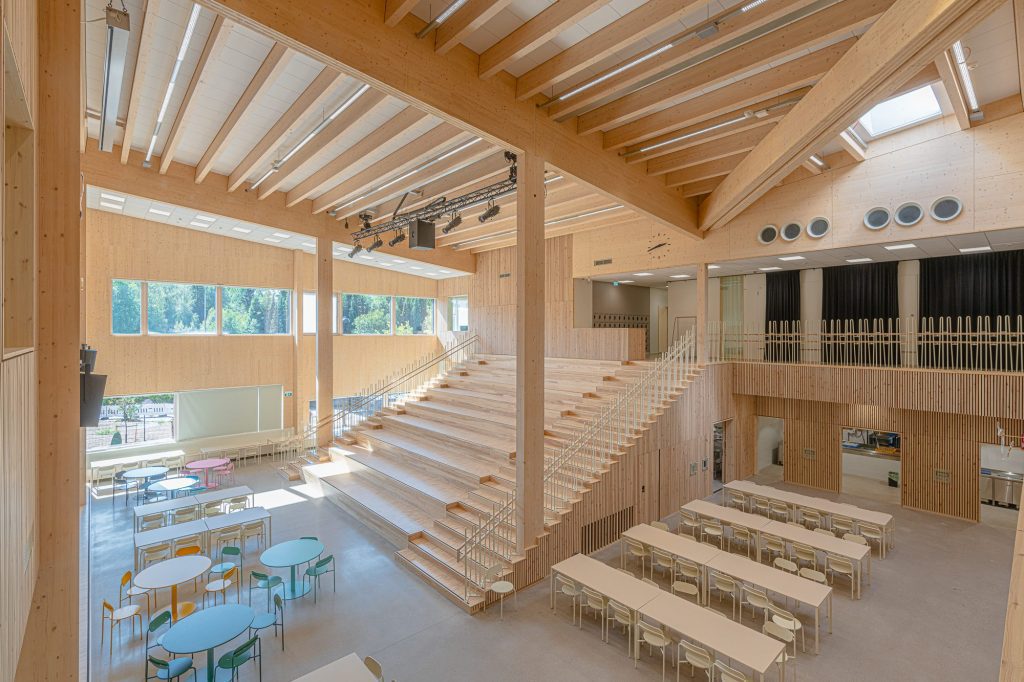
Senate aims for a minimum carbon footprint reduction of 25% in newbuild construction projects of more than €2 million and a minimum carbon footprint reduction of 15% in renovation projects…
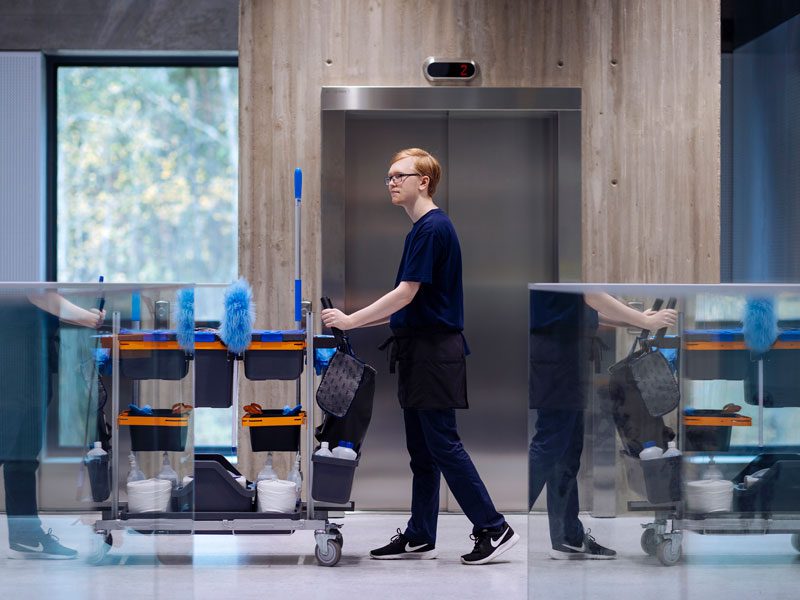
In this article we tell about white construction dust, grey room dust and the ways that help cleaning work and which when used do not reveal a thick cloud of…
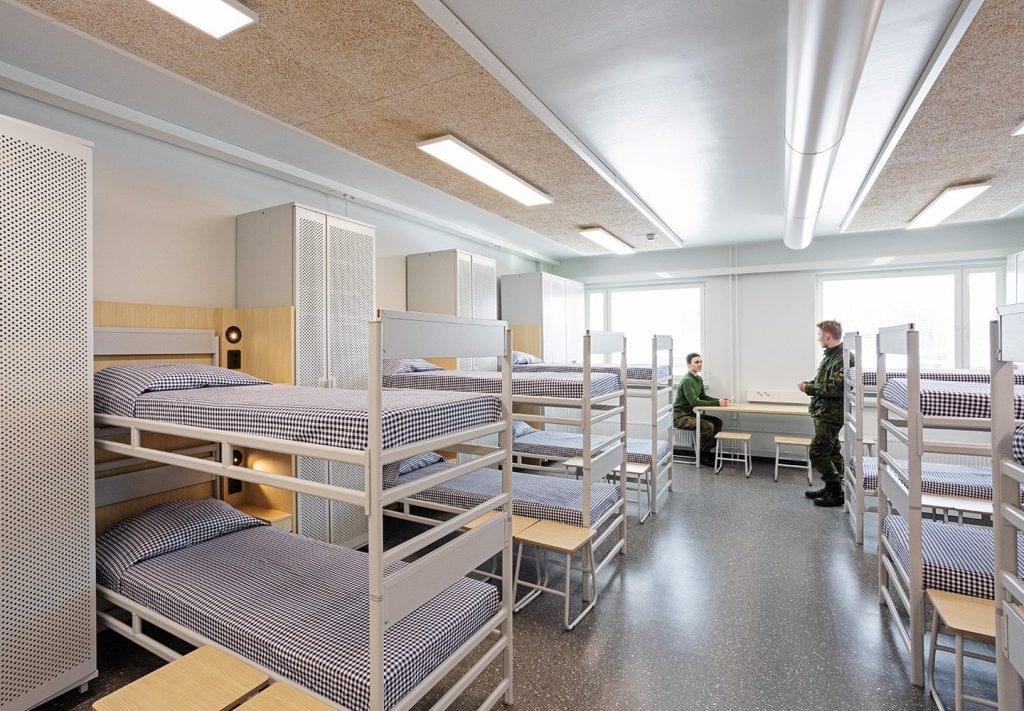
Defence Properties Finland is investing even more heavily in ensuring good indoor air conditions for conscripts and for the personnel of the Finnish Defence Forces and their strategic partners. The…
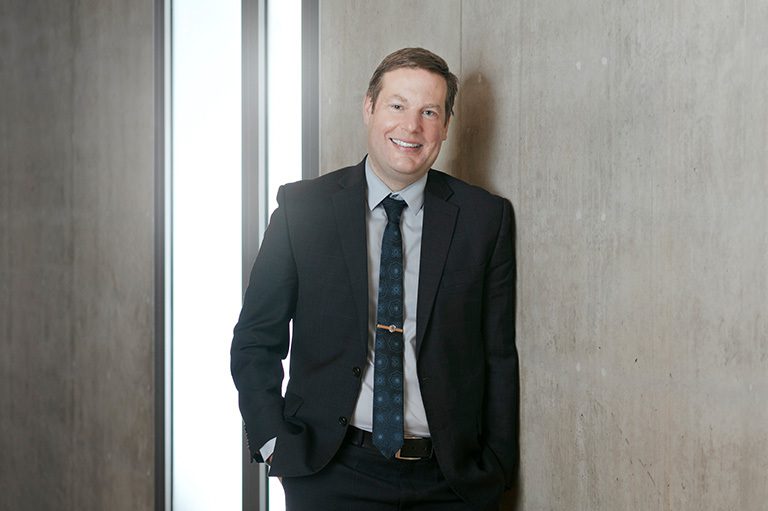
Defence Properties Finland invests heavily in the prevention of indoor air problems: the entire Finnish Defence Forces’ building stock will be renovated during the current decade, and we have recruited…